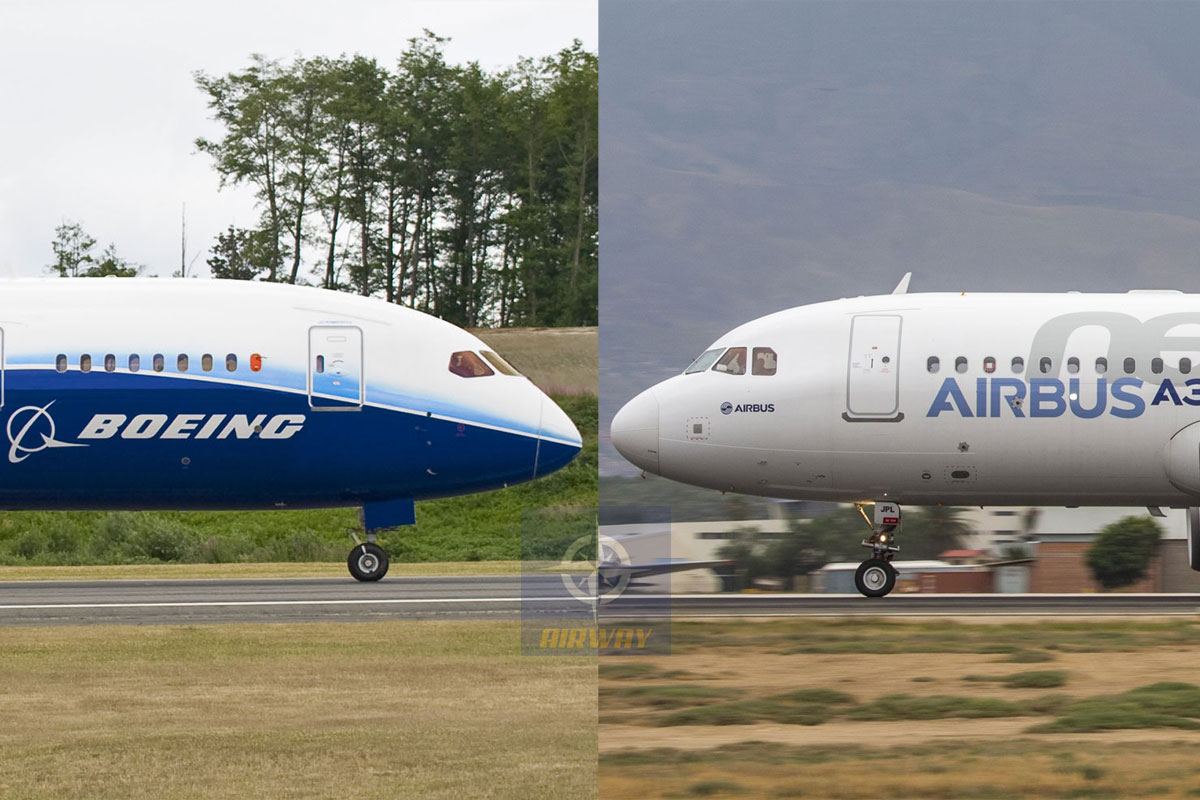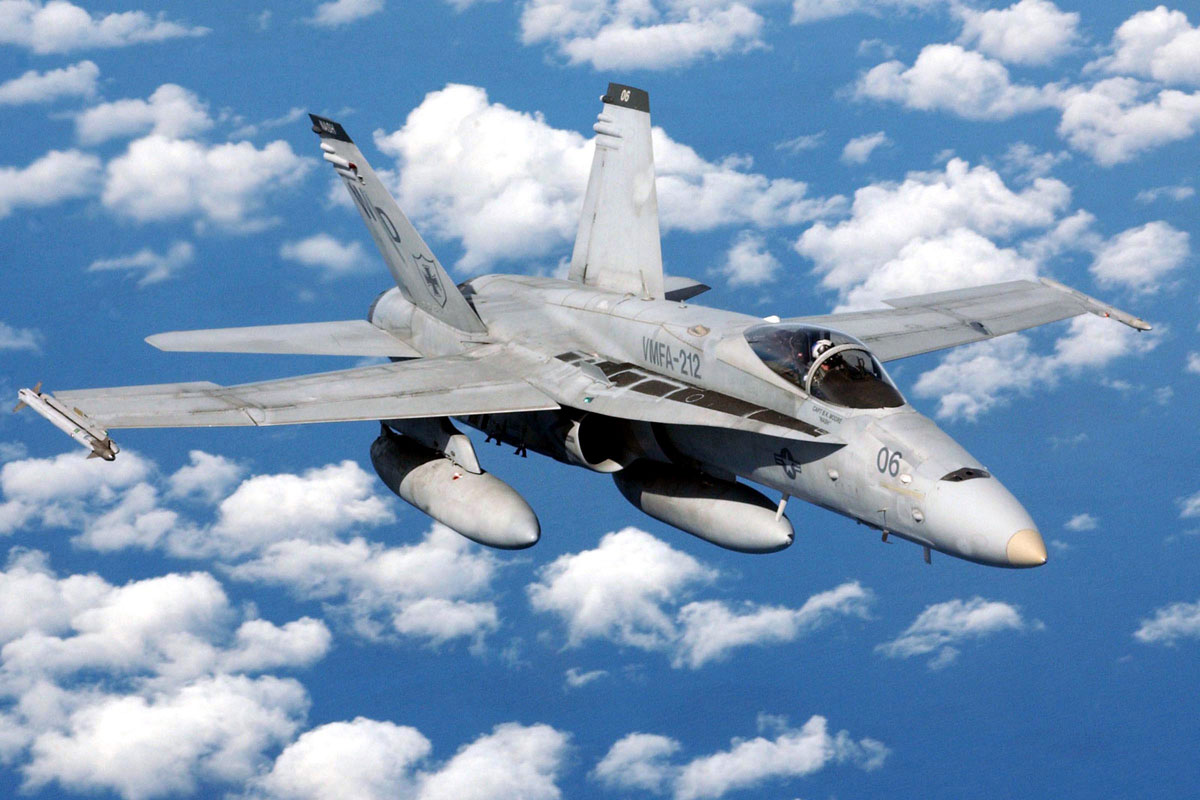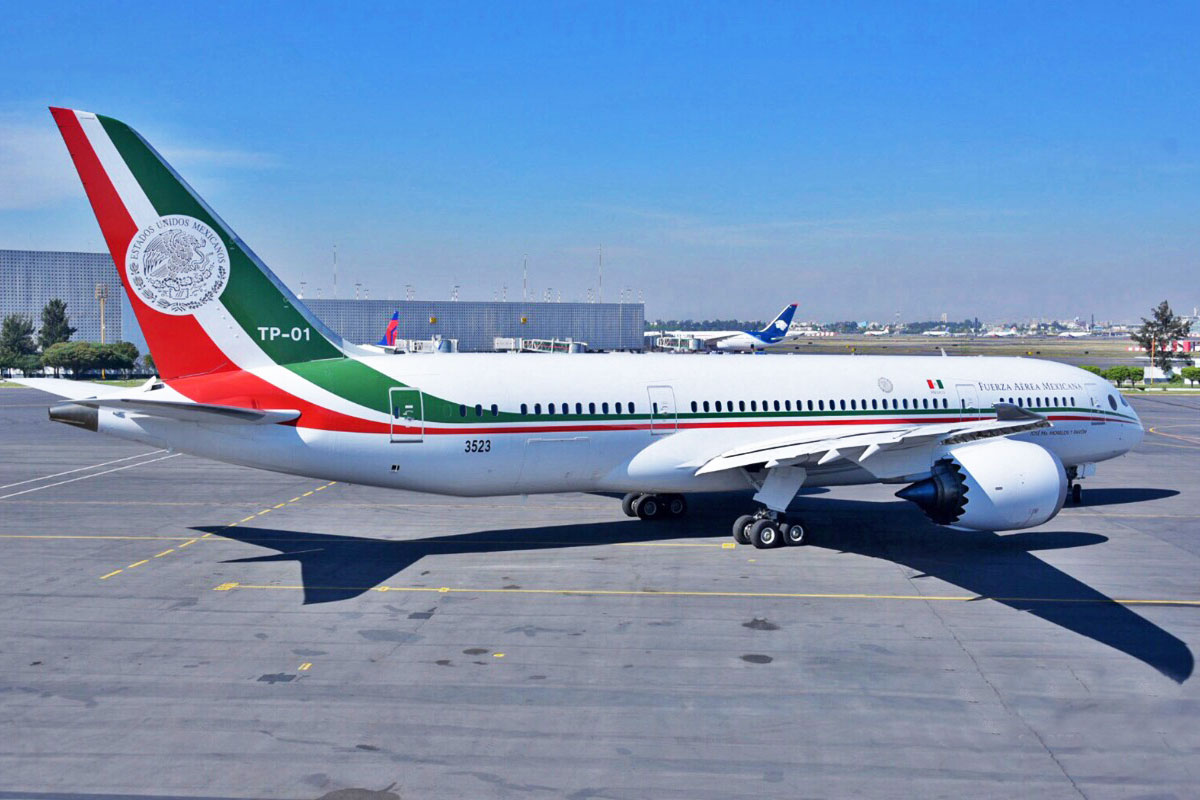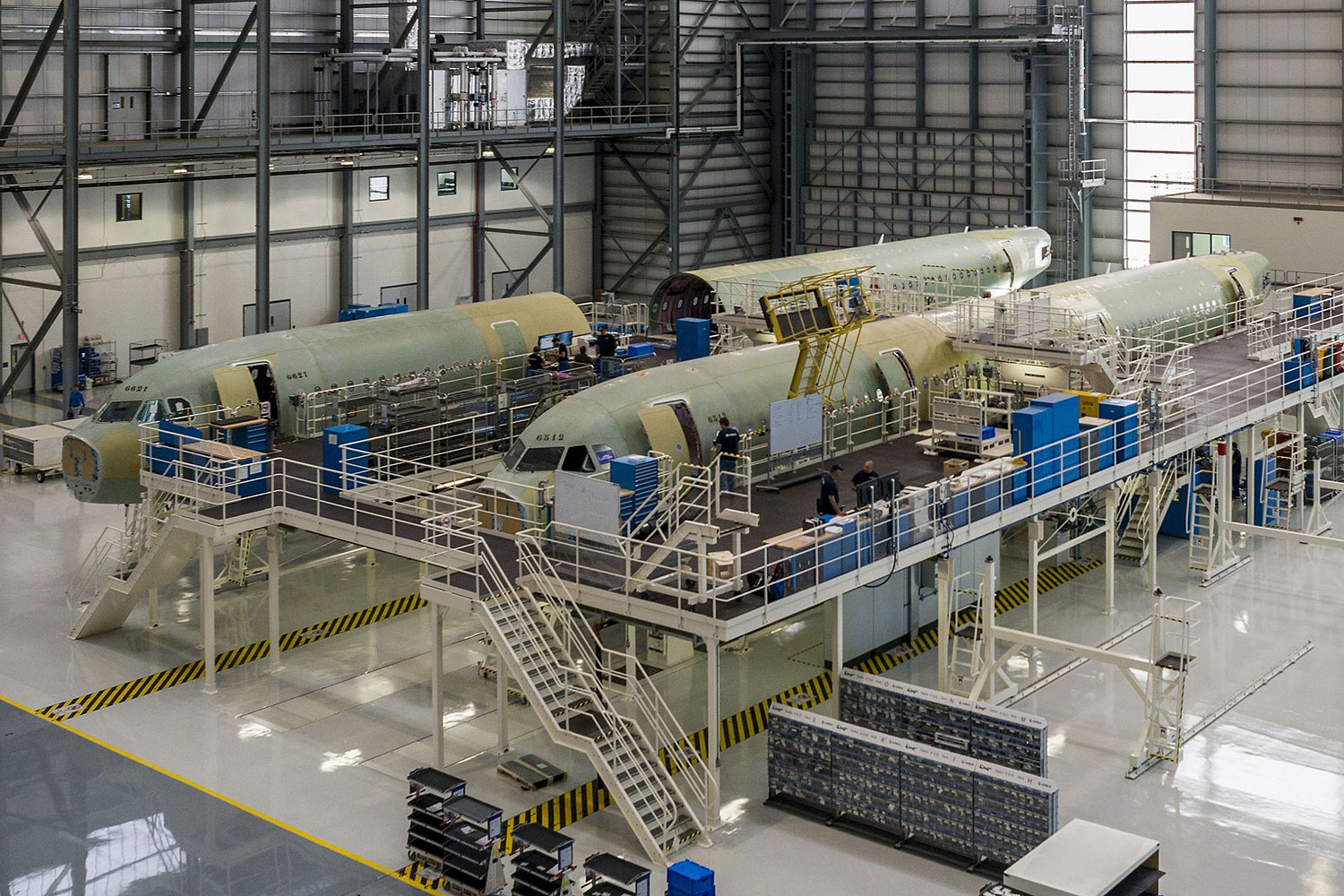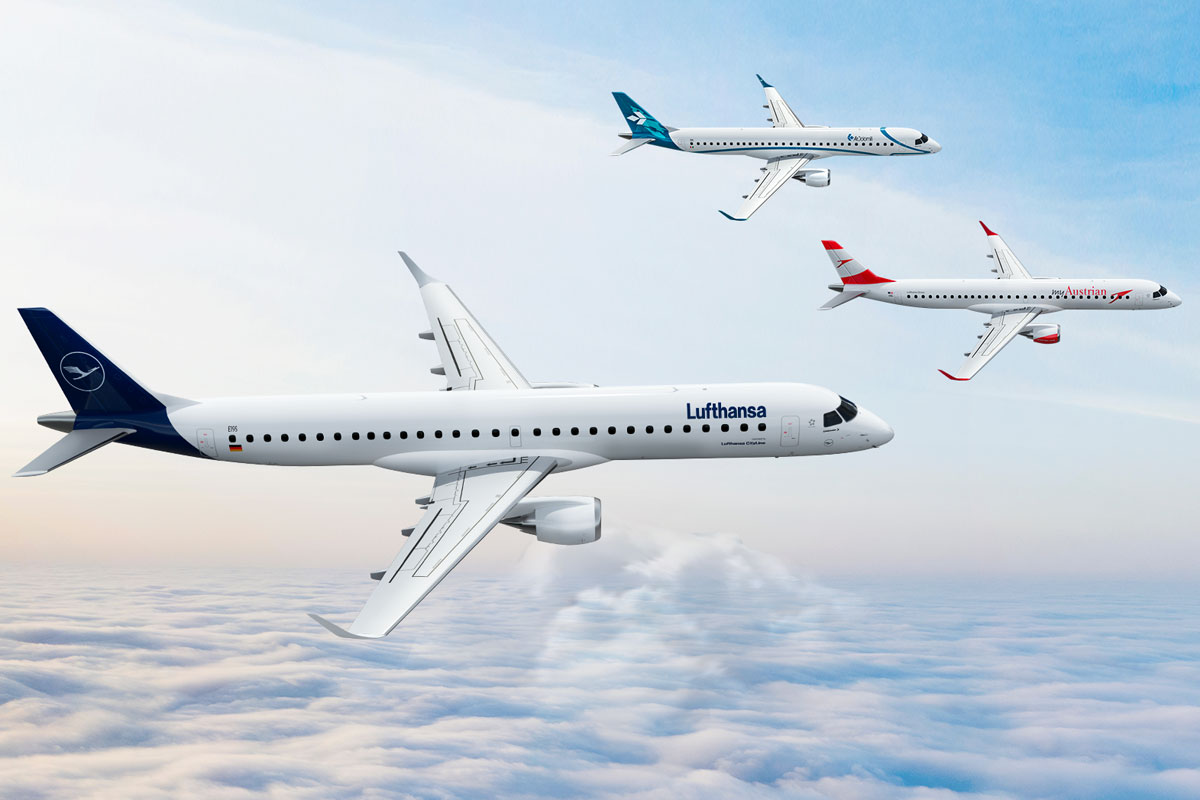Airbus had a record year that overshadowed Boeing in its long martyrdom caused by problems with the 737 Max, among other projects that did not progress as expected. However, the final figures for 2019 reveal that the two largest commercial aircraft manufacturers in the world were not so far apart.
With regard to deliveries, in which Airbus broke its record by sending no less than 863 aircraft to its customers, Boeing was embarrassed: only 380 units were delivered, but 40 of them to the US and Australian armed forces – 23 KC -767 and 17 P-8 Poseidon, marine patrol version of the 737.
But that did not mean that Boeing’s assembly lines produced just those planes. As we know, about 400 737 Max jets have been completed and are awaiting authorization from civil aviation agencies to be delivered. With this extra volume, the American company would have added at least 750 aircraft delivered, a number that would certainly have been greater had it not been for the deceleration of the model’s assembly line.
On the Airbus side, the company once again counted the sum of the A220, the company’s smallest aircraft and whose program was purchased from Bombardier. But there is no doubt that the manufacturer enjoyed the success of the A320neo family, which had no less than 551 units delivered last year.
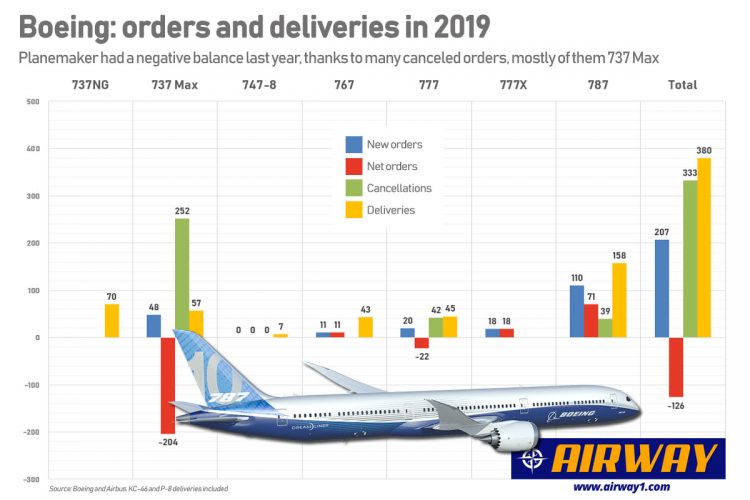
Negative backlog
When it comes to orders, the data is more complex. In absolute numbers, Airbus collected 1,131 orders while Boeing claims to have achieved 246 gross orders, including some military planes.
In reality, net orders show much more modest numbers. The European group, for example, had 768 aircraft ordered when cancellations are discounted (363 aircraft in total), a number even higher than that of Boeing. If the A320neo led the orders, it was also ahead in cancellations with 134 units dispensed by its customers.
The American giant saw its backlog shrink in 2019: there were 333 cancellations, which turned the balance into negative numbers, basically for customers who gave up the 737 Max – no less than 252 canceled units.
Boeing’s victory in the widebody market
If the grounding of the 737 Max made it impossible for Boeing to fight the A320neo – which is why it ended 2019 with a staggering defeat of 690 deliveries against just 110 planes – the U.S. planemaker was able to deliver more widebodies than Airbus in 2019.
Thanks to the good performance of the 787, 230 aircraft were delivered, including the 777 and 747. Airbus, in turn, added 173 planes, between A330, A350 and A380.
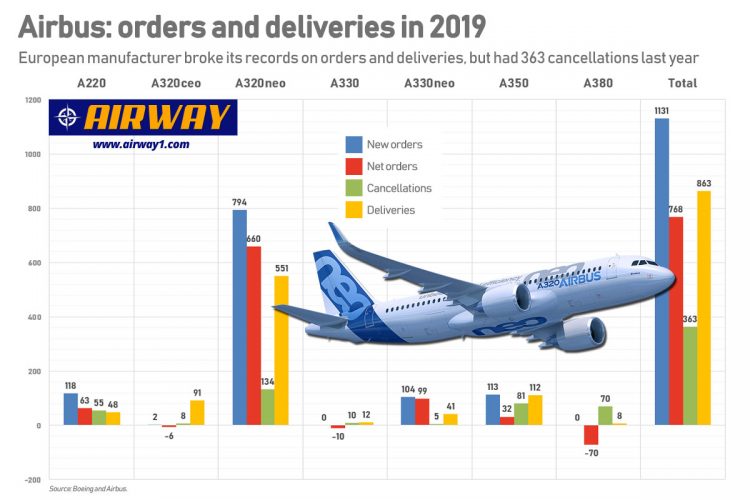
In ordering widebodies, Boeing remained ahead in 2019. There were 159 new orders, including 31 units of 767 and 777 of the first generation. The new portfolio, in turn, won 110 orders for 787 and only 18 for the 777X thanks to British Airways.
The net balance, however, was just 78 jets as Boeing experienced 81 cancellations. Airbus was worse: although it collected 217 gross orders, there were 166 cancellations, including 70 orders for the A380 and 81 for the A350. The balance, therefore, was only 51 two-aisle aircraft.
Thanks to the vagueness that still plagues testing with the 737 Max, Boeing is expected to show modest numbers in 2020 as well, depending on how long it takes its most important commercial jet to return to service. A reinforcement, however, may come from the joint venture with Embraer, which will pass on its E2 commercial aircraft line this year and which will increase its numbers.

